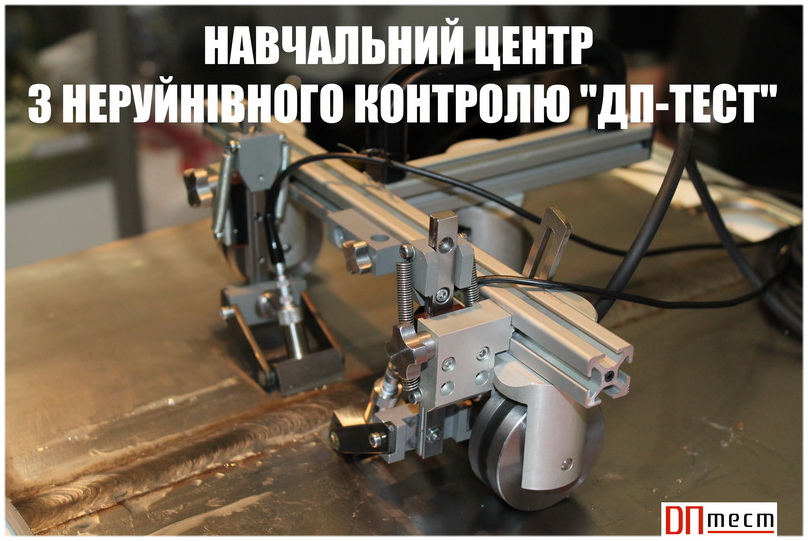As part of his bachelor's thesis, he developed a system for automatically controlling the orientation of solar panels. The thesis project consists of three chapters, which are the key elements of the research.
The main outcome of the work is the creation of an autonomous system that provides initial adjustment of the orientation of solar panels using a GPS module, which allows determining the geographical location and time for accurate positioning. Further adjustment is carried out using light-sensitive sensors that respond to the intensity of sunlight, ensuring that the panels are optimally positioned throughout the day. In addition, a wind sensor is integrated to activate system protection when safe wind speeds are exceeded, preventing mechanical damage and increasing reliability of the solar tracking system.
- Hits: 106








